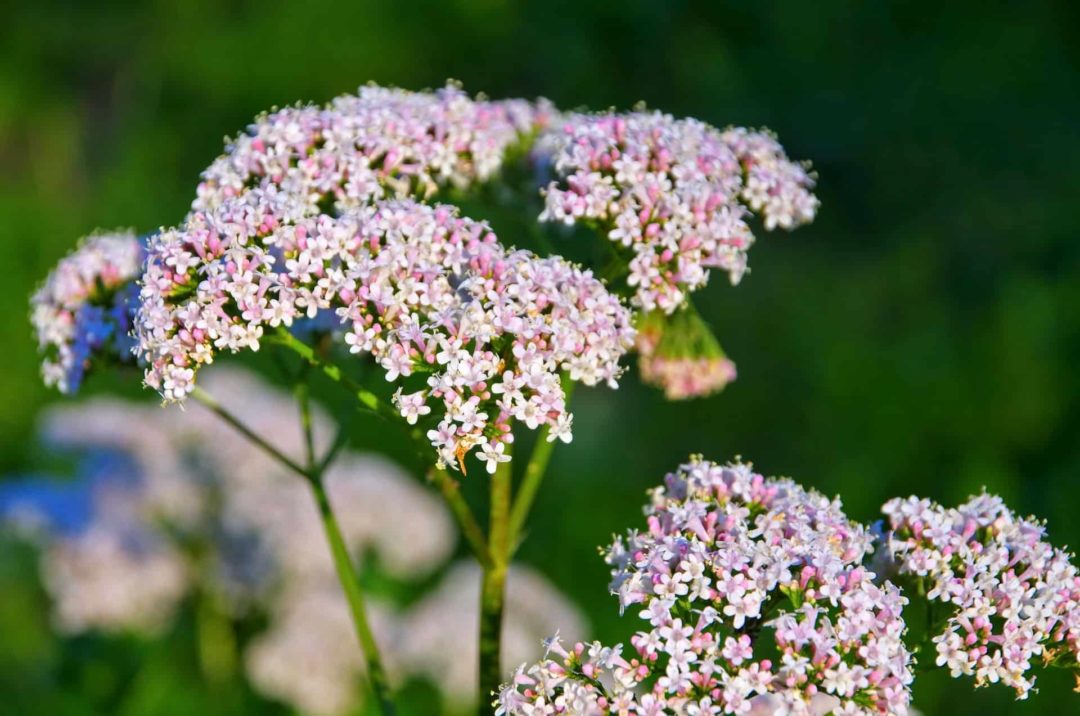Valerian root has a distinctive smell that many find unpleasant to say the least, but foul smell and all, Valerian root has been used as a medicine for over 2,000 years. Interestingly, centuries ago the sweet-smelling flowers of the Valerian plant were used as perfume.
The herb has an interesting history: In the 16thcentury, it was used to treat nervousness, headaches and heart palpitations--but in the 19th century, valerian was considered to be a stimulating herb thatcaused many the problems it previously had been thought to help. And during World War II, Valerian was recommended to help ease the stress of air raids (1).
Today, valerian root preparations used as in dietary supplements focused on insomnia and quality of sleep, anxiety, and even depression and hormonal imbalances for women. A double-blind study conducted by the Foellinge Health Centre in Sweden found that the effects of Valerian on poor sleep were significant: 44% of the participants reported perfect sleep; 89% reported improved sleep. None of this group reported any side effects, including morning drowsiness (2).
Consumers have a diverse selection of delivery systems--the roots and underground stems (rhizomes) are used to make liquid tinctures, dried bulk herb tea, dried tea bags, and capsules, and also are used in blended combinations. As we all respond differently to herbs, trying different delivery systems can help consumers decide which one works the best for them.
It is quite interesting to me that after thousands of years of successful use, Valerian root is still not recommended across the board, and is not getting the accolades that it deserves, even with a strong successful history. This may be because knowledge is limited, and possibly that only a few studies have been done on humans, and some of the studies were inconsistent in terms of benefit. And although Valerian root as a supplement has thousands of years of successful use, not everyone may receive the same benefits.
It is known that Valerian is considered safe for healthy adults, though as always people should discuss with their healthcare provided. Children, pregnant and nursing mothers should only use with a medical practitioner’s approval. It is also recommended to avoid use with alcohol or other prescription sedatives. Those on medications for stress, sleep, or anxiety should consult a medical practitioner before using Valerian root.
- National Institute of Health NIH. Valerian- Fact Sheet for Health Professionals https://ods.od.nih.gov/factsheets/Valerian-HealthProfessional/
- National Library of Medicine. Double blind study of Valerian preparation. https://pubmed.ncbi.nlm.nih.gov/2678162/










